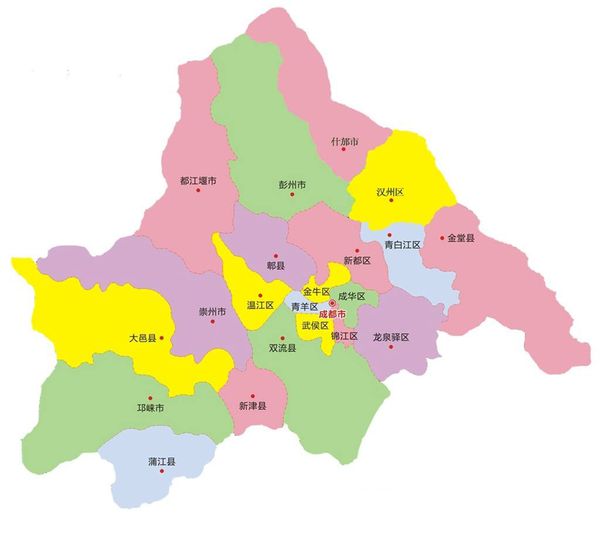
run通常用作及物动词和不及物动词,也可用作系动词,有奔跑,行程,放映期,移动等含义。用作形容词时,有融化的,跑的筋疲力尽等含义。
vt.& vi. 跑;移动;(使)流动;
n. 奔跑;行程;放映期;一系列
vi. (工作等)进行;延续;逃跑;行驶
vt. 使奔跑;使…快速移动;运行,经营;划
adj. 融化的;浇铸的;跑的筋疲力尽的;
第三人称单数:runs 现在分词:running 过去式:ran 过去分词:run
1.用作不及物动词
Rabbits run fast.
兔子跑得快。
I used to run when I was in the middle school.
我在中学的时候常常跑步。
I don't run as fast as you.
我跑得没你快。
He cannot run because he has a weak heart.
他有心脏病,不能跑。
I run five miles every day.
我每天跑五英里。
Who was the first man to run a mile in under four minutes?
谁第一个在4分钟以内跑完了一英里?
2.用作系动词
The water ran cold when I turned the tap on.
我把水龙头打开,水就凉了。
That old woman's food has run short.
那位老妇人的粮食已经吃完了。
The well here has run dry.
这口井已经干涸了。
3.用作及物动词
The children ran races in the park.
孩子们在公园里赛跑。
He ran a race with me.
他与我赛跑。
We won't run this horse in any more races this season.
我们不打算让这匹马在这个赛季内参加更多的比赛。
The story runs that they have been secretly married for months.
传说他们秘密结婚已有几个月了。
4.用作双宾动词
Please run me a nice hot bath.
请帮我放热水,让我好好洗个澡。
They're running a special train to the football match.
他们为这场足球比赛安排了一列专车。
Stop trying to run my life for me!我的生活用不着你来管。
The college runs summer courses for foreign learners of English.
这所学院为学习英语的外国人开设了暑期班。
标签:run,用法
















